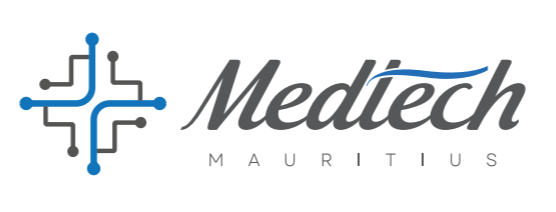Gynecological Health Awareness Day: From Silence to Science
Gynecological Health Awareness Day is more than a date on the calendar. Too many women still carry silent concerns about pelvic floor health, recovery, or childbirth. Some wait years before seeking help, while others never share their struggles at all. Silence has become part of their experience.
Behind every silence lies an unmet need. Women want to feel prepared, supported, and confident about their health, yet cultural taboos and lack of open dialogue often stand in the way.
Aniball is a solution developed to help women prepare for childbirth and recover afterward with greater confidence and safety. By supporting pelvic floor elasticity, reducing the risk of trauma, and aiding rehabilitation, it provides both patients and gynecologists with a reliable and evidence-based approach to improving maternal outcomes.
Safety & Design You Can Trust
The balloon and pump of Aniball are made from medical-grade silicone, which are hypoallergenic, ensuring safety and comfort for intimate use.
Aniball is designed to combine safety with long-lasting strength. Patients stay in full control of the balloon’s volume and can release it instantly using the valve at any time.
Stress tests confirmed its durability, including with a balloon stored for five years and another exposed to 140 °C for 14 days, both showing no damage even when inflated beyond normal use.

How to Use Anibal 
💡 Tip: After each use, sterilize the balloon by boiling it in water for 3–5 minutes to keep it perfectly clean and safe.
Latest Research Insights
What does the latest Aniball clinical research reveal to the medical community?
The study demonstrated that antenatal pelvic floor training with the Aniball device, starting at 36 weeks of gestation in women delivering at term, significantly reduced the incidence of episiotomies (34% in the Aniball group vs 59% in controls; P = 0.007) and lowered the overall rate of birth injuries (80% vs 97%; P = 0.005).
Examination
 img src: https://aniball.uk/
img src: https://aniball.uk/
At 10 weeks postpartum, women were invited for pelvic floor assessment using translabial 4D ultrasound, and demographic as well as obstetric data were collected. The study included 64 women who practiced with Aniball (cases) and 59 who did not (controls).
What People Say About Aniball
Get in Touch to Learn More
For detailed information, please reach out to our product specialist:
Angelique Felix
Product Lead
📧 AngeliqueF@medtech.mu
📞 +230 5 948 9388





